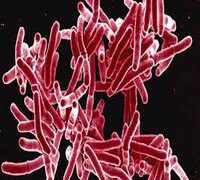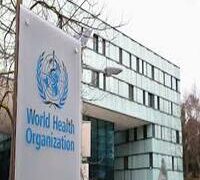

Using certain medications to treat malaria in pregnancy causes permanent deformity in foetuses’, gynaecologists warn, stressing that using antimalarial drugs must be done under the supervision of a qualified physician.
They noted that untreated malaria causes miscarriages and complications in early pregnancy and that treating the disease must be done under the supervision of qualified medical personnel.
The specialists said since the first trimester is the time of organogenesis, wrong medications at this stage may leave the baby with permanent deformity and other serious medical conditions if miscarriage does not happen.
According to the University Of Virginia School of Medicine, United States of America, organogenesis is the process of the formation of organs of the body from three germ layers, during which the organs of the foetus are formed.
“Organogenesis concerns cell-cell interaction, cell fate determination, cell proliferation and survival, cell and tissue shape and size, and arrangement of cells into tissues and ultimately functional organs,” it stated.
A Consultant Obstetrician and Gynaecologist at the Ekiti State University Teaching Hospital, Ado-Ekiti, Ekiti State, Southwest Nigeria, Dr Babatunde Rosiji said malaria can adversely affect pregnancy in all trimesters of pregnancy.
The expert, who is also the Chief Medical Director, State Specialist Hospital, Ikole Ekiti, said it is well documented that malaria is a confirmed cause of pregnancy losses or abortion in the first trimester.
He said, “We also know that in the first trimester, especially the very first eight weeks in the first trimester, which we call embryogenesis, is when the main organs of the body have their foundation laid down.
“So, we have to be very careful about the drugs we use in the treatment of malaria in the first trimester. But during this period, you need to be sure whether you are dealing with malaria or symptoms of pregnancy because sometimes, they share the same symptoms like vomiting.
“So, we need a laboratory assessment to be sure of what we are dealing with. When we are sure, then we can make the choice of medication. Drugs including water are a potential poison when not taken in the right proportion.
“So, for any drug we use, we must ascertain its safety. We look at the risk-benefit ratio of the drug and ensure that the benefits outweigh the risks of. Malaria, if untreated. It will not only lead to loss of pregnancy but also affect the woman adversely.”
Rosiji stated that due to this, physicians always look out for the risk-benefit ratio of the drugs to determine what should be given, saying that artemisinin-based combination therapy is usually recommended.
He, however, noted that there is a high theoretical concern that these drugs should be avoided, saying “This is why we tell women once they miss their period; they should go to the hospital.”




































